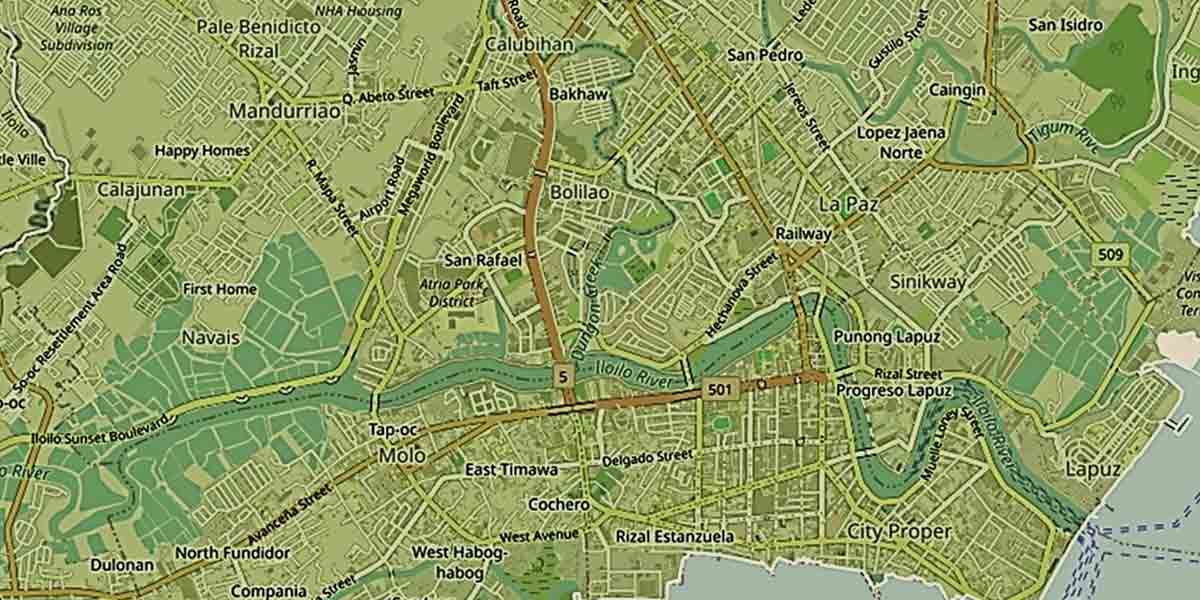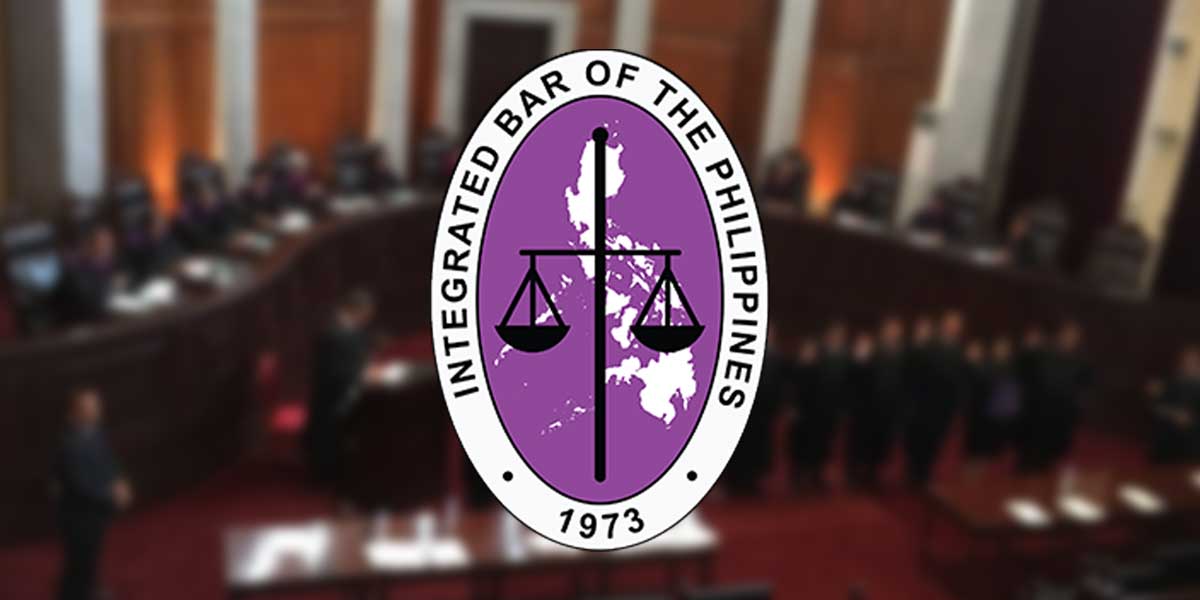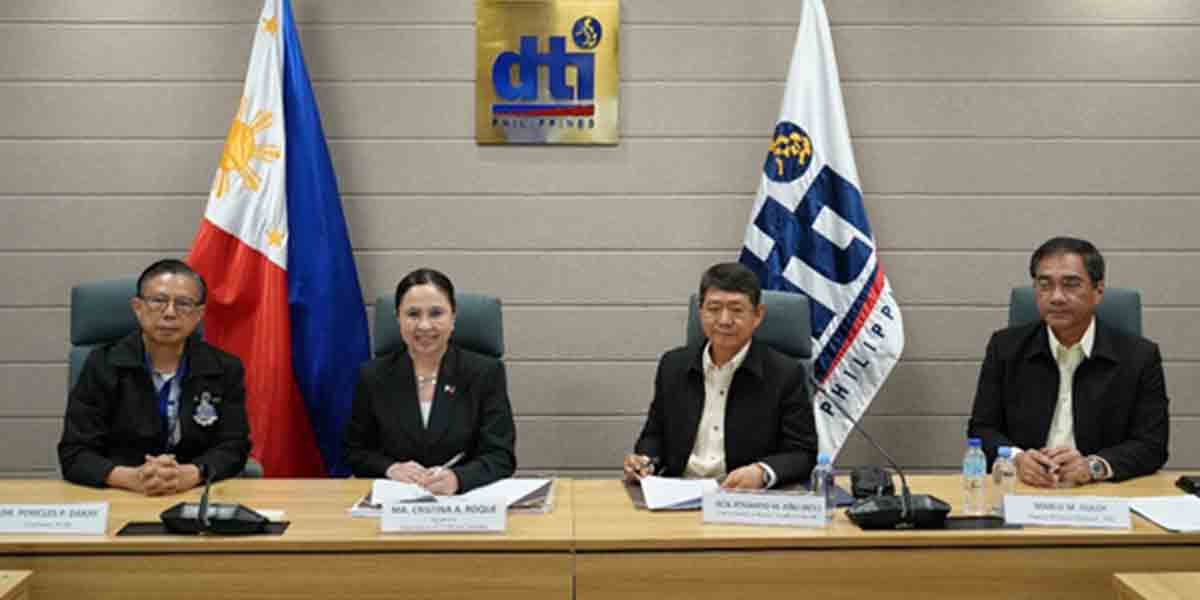
By Dolly Yasa
BACOLOD City – Mayor Alfredo “Albee” Benitez is proposing a temporary suspension of the plebiscite on the joint venture agreement (JVA) between Central Negros Electric Cooperative (Ceneco) and the Enrique Razon-led Primelectric Holdings Inc. to “cleanse” the voters’ list, which included the names of dead people.
In a press conference Monday, Benitez said he and other local chief executives of local government units (LGU) in the franchise area of Ceneco will write the National Electrification Administration to ask for a temporary suspension of the plebiscite.
“To cleanse the master list, we will be asking for a suspension of the plebiscite for at least a month,” Benitez said.
The mayor said some Ceneco consumers who claimed to be in good standing – meaning they have no arrears – are not on the list of qualified voters.
Some of the names on the list have either relocated or can no longer be found.
“Para ma-limpyo ang masterlist kay may ara complaint nga gin-forward sa akon office nga may bill, sila gabayad for several years sila pero wala sila sa listahan,” he added.
Benitez added that names of deceased or dead member-consumers are still on the list.
“If the list is not cleansed or updated it is better nga kay-ohon ta anay ang listahan antes magpadayon sang plebiscite,” he stressed.
Ceneco needs the nod of a majority (50 percent plus 1) of the 192,188 member-consumers considered eligible voters in order for the JVA to be ratified.
Based on the results of the first round of voting on June 24 and 25, 2023, a total of 27,741 Ceneco member-consumers cast their ballots, or a 14.14 percent turnout.
The second round of voting on July 1-2 was postponed after the Regional Trial Court issued a 72-hour temporary restraining order (TRO) on June 29.
The TRO was lifted on June 30 but Ceneco decided to postpone the voting in the meantime.
‘NEA’S CALL’
Meanwhile, Ceneco acting general manager, Atty. Arnel Lapore urged JVA oppositors to participate in the plebiscite.
Lapore made the call after an RTC branch denied another TRO petition against the JVA.
“It’s best to participate in the plebiscite and air their sentiments if they vote for no,” Lapore told the Daily Guardian Monday.
Lapore said they are glad that the second TRO plea was denied.
“We truly agree with the ruling of the court, the JVA is not self-executory. Firstly, it is yet to be approved, either it will be accepted or will be rejected by the membership/consumers. Second, it’s not automatic even if it is approved as it has to be reviewed by the National Electrification Administration and NEA may approve it or may reject it,” he added.
Lapore also said that the JVA will pass through Congress for the possible issuance of a franchise.
“Damo ka tama siya sang mga hard rules pa nga himoon before this JVA can be implemented. So, it is just too premature to enjoin the plebiscite,” he stressed.
Lapore said they will push through with the plebiscite on July 8-9 if NEA does not intervene.
“We leave it to NEA how they see things so subong we don’t have an injunction on the July 8th and 9th but we refer to NEA kon ano ang ila take on this,” he added.
He said NEA now has to consider the possible complaints from local government units under Ceneco’s franchise.
Lapore said some eligible consumers are not on the master list “so they have to address this.”
“Also, there are a lot of deceased persons still on the list, they can no longer vote but we still counted them as part of the threshold, so NEA has to look into this.”
Earlier, RTC Branch 50 Acting Presiding Judge Ferdinand Elbert Jomilla dismissed as groundless a TRO petition filed against the plebiscite.
The special civil action case filed by Joaquin Dagohoy Malacad against Ceneco directors and Prime Electric Holdings Inc. also wants to stop the JVA implementation.
This is the second TRO plea to be denied by the court.
In his decision, Jomilla said, “the result of the plebiscite whether approved or rejected will only be determined after its conduct or holding on June 24-25 and July 1 and 2.”
He further said that “the act being enjoined by the petitioner, which is for respondents to cease and desist from conducting the plebiscite, is already superfluous.”
“The elections on June 24 and June 25 were already held before the court prior to the court acquiring jurisdiction over the present case,” the decision read.
“This court therefore determines that the prayer for the issuance of a TRO is groundless as the great irreparable injury to prevent has not been established.”
Last Friday, RTC Branch 42 Judge Maria Lina P. Gonzaga lifted the 72-hour TRO after noting that Ceneco and Primelectric were able to submit documents proving that the JVA was discussed in various media outlets here.
Gonzaga issued the TRO on Thursday as part of the hearing on the petition filed by another group of JVA oppositors.
The anti-JVA group asked the court to nullify the JVA signed by Ceneco and Primelectric Holdings Inc. last June 3, 2023, in Bacolod City.
Under the agreement, Primelectric, through its subsidiary Negros Electric and Power Corp. (NEPC), will buy Ceneco’s assets and upgrade its distribution system.
The group initially asked for a TRO while the petition is being heard, but the RTC denied it after the petitioners failed to inform Ceneco and Primelectric of the case before it was raffled.
The petitioners then filed a motion for reconsideration and the court granted the 72-hour TRO effective June 29.
Among the issues raised by the anti-JVA group is the alleged lack of massive information, education, and communication (IEC) campaigns on the joint venture.
The RTC recognized this point and ordered the parties involved “to submit their respective evidence on the compliance to the legal requirements of massive information education and communication (IEC) campaign in the district levels within the electric cooperatives’ coverage area.”





















